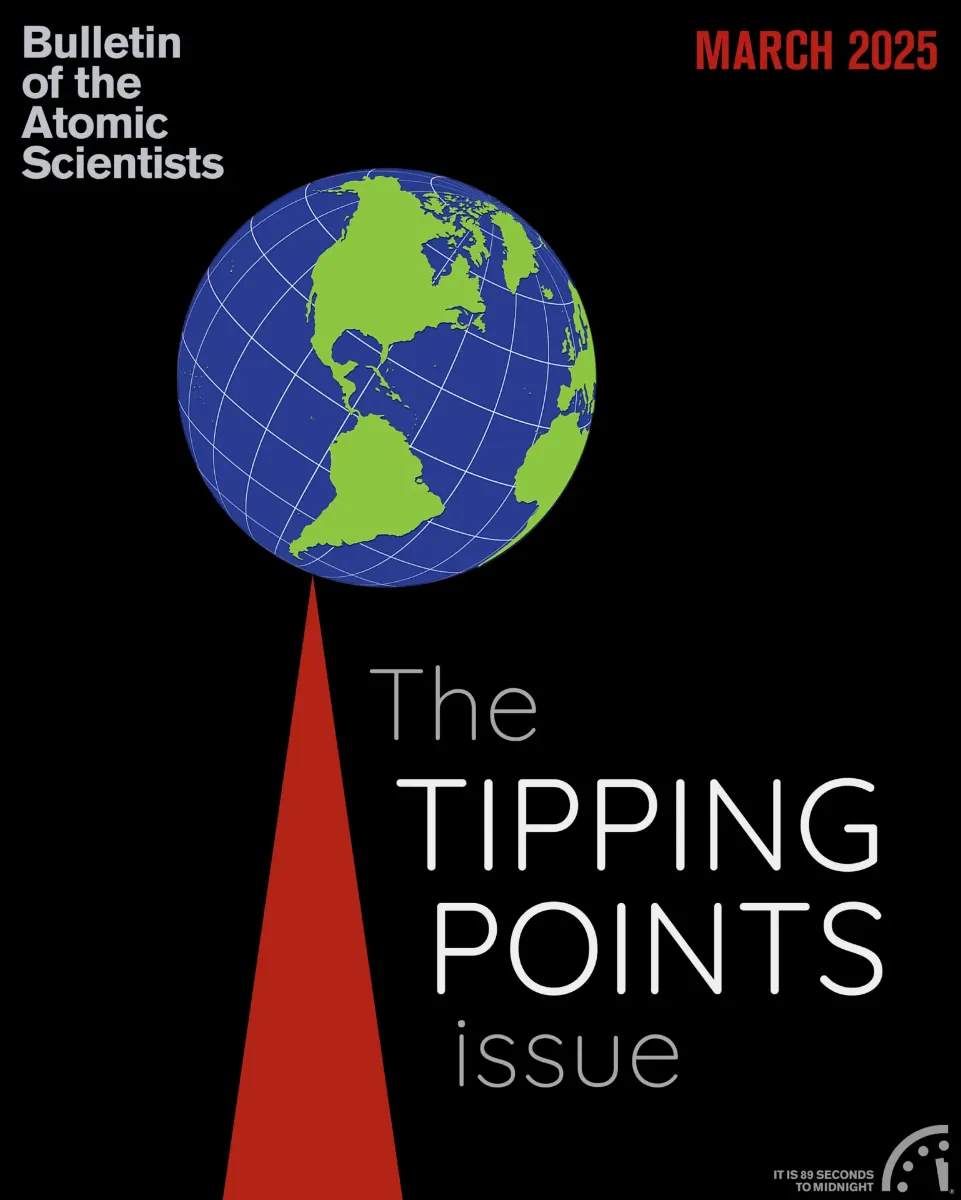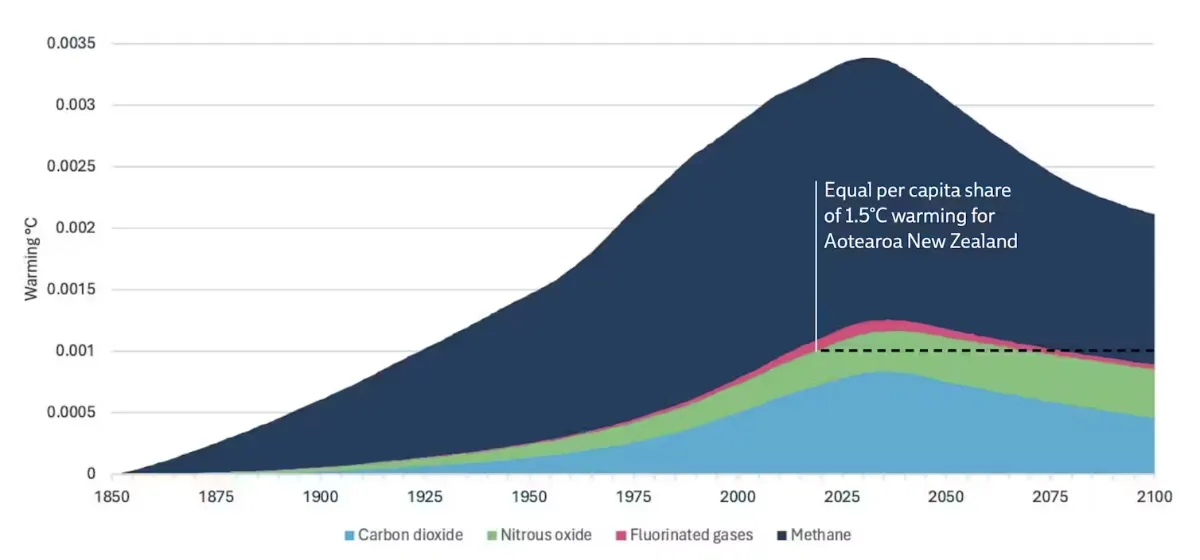Three Climate Change Snippets
Patrick Medlicott - 31st March 2025
Further to my previous articles on climate change, this week I will talk about several short topics from recent publications.
The first article is on “tipping points”, these are often mentioned when climate change is discussed. The article is from the bulletin of atomic scientists. (Digital magazine March 2025). The subtitle is “almost everything you wanted to know about tipping points but were afraid to ask”.

Tipping points are when a stable climate situation moves to another stable climate situation. It is a change from a stable equilibrium to another stable equilibrium. The debate concerning tipping points is not that they will not occur, but when they are likely to occur. It is appreciated that the Earth system, 70% of which is oceans, is enormously complex. Examples reported are the breakup of the West Antarctic ice sheet which could lead to 3 m of sea level rise within a generation or earlier. Another is the melting of the boreal permafrost releasing enormous amounts of methane. Another example is the slowdown or reversal of the Atlantic meridional overturning circulation and the conversion of the Amazon rainforest to grasslands. These are of course negative tipping points as far as humanity is concerned. There may also be some positive tipping points which are yet unseen.
A second article I thought was worth mentioning was from the Guardian (12/4/25). The article was about solar geoengineering, and one of the co-authors was Michael Mann, an eminent climate commentator and scientist. In it, geoengineering was likened to using aspirin in the treatment of cancer. The trial was about injecting pollutants into the atmosphere to reflect the sun from the earth. This would need to be continued for hundreds of years once started. As the conditions in the atmosphere last for hundreds of years.
Reversal is probably impossible. The comments of Michael Mann and his co-commentator were “we have broken the climate and Geo engineering proposes to fix it by drip breaking a different part of the climate”. This does not appear to be logical as the causes of climate change are scientifically well-known and the remedies also well-known. Stop burning fossil fuels might be one of them.
The last article I would draw to the members attention is by Robert McLachlan, professor in applied mathematics at Massey University, and reported about in “The Conversation”. This concerns New Zealand’s climate policies. The headline reads “New Zealand’s climate policies are no longer enough to keep warming at 1.5°C - here’s what needs to happen”. This notes that New Zealand lags behind other countries when it comes to our climate change response, and we are simply dragging our feet and pushing the consequences on to future generations. It is suggested that a net negative target for emissions of long-lived gases, such as carbon dioxide and nitrous oxide, should be more rapidly instituted. It also suggests a tougher target for biogenic methane emissions, to reach at least 35% to 47% below 2017 levels, as well as the inclusion of emissions from international shipping and from aviation. Without this New Zealand will be unable to meet its Paris agreed targets. The problem once again is political, not scientific.
